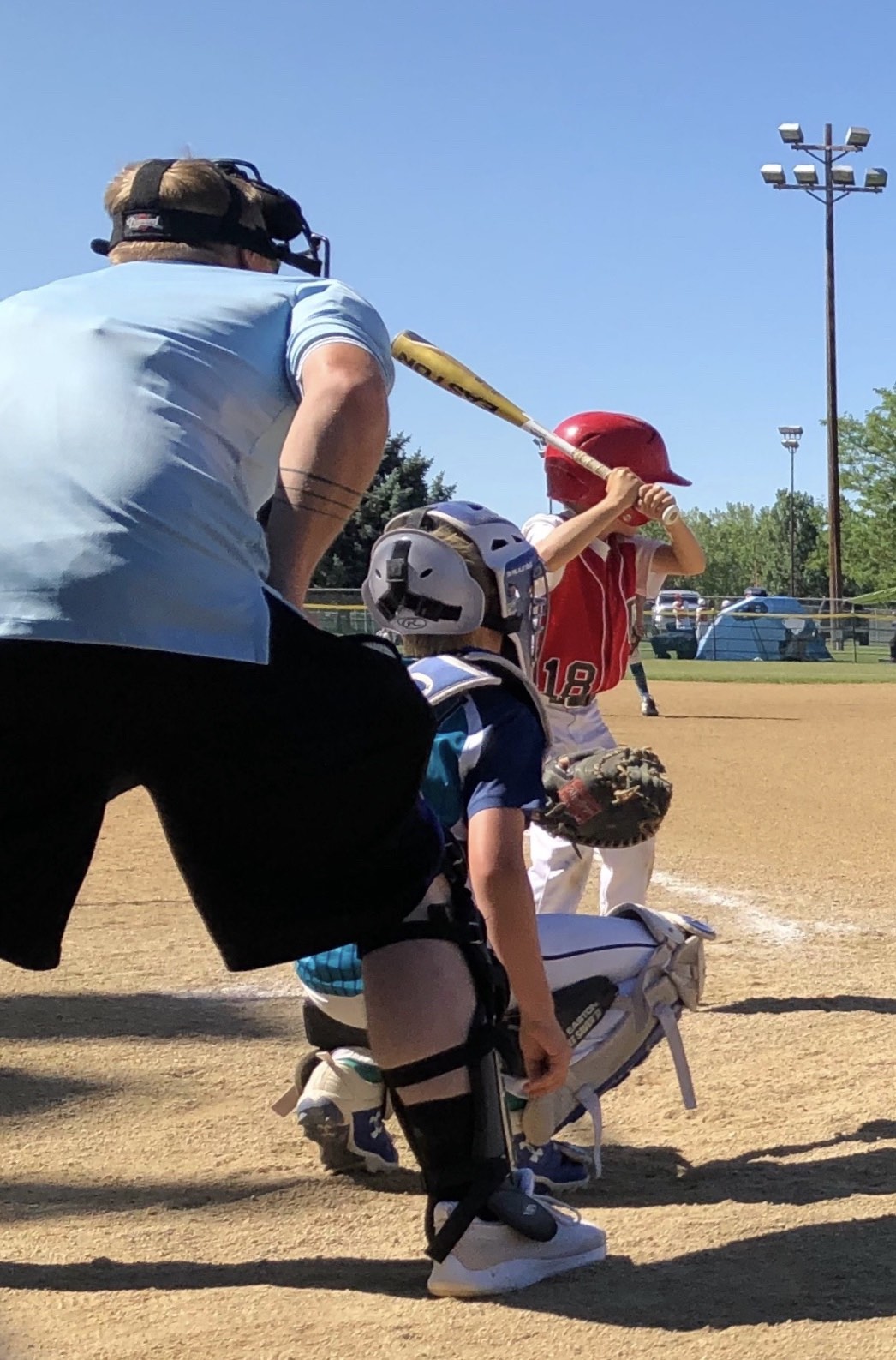By Al Malinowski EBS CONTRIBUTOR
“A tie goes to the runner.” For emphasis, just in case everyone didn’t hear it the first time, the voice echoed once more, “A tie goes to the runner, doesn’t it?” The words shouted by a parent or fan recently during a little league baseball game in Bozeman. The players were 10 years old.
The umpire properly ignored the comments, though they were intentionally stated loud enough for him to hear. The umpire’s action made me realize two things: He was fully aware of the rule in baseball that if a runner reaches base at the precise time a thrown baseball is caught by the baseman with his foot on said base, then the runner is safe, and there was no point in arguing that rule with a fan since it wasn’t applicable—the runner was out by a full step in this instance.
What should have gotten the attention of the crowd at that moment was the beautiful double play that was flawlessly executed on the field. The top seeded team in the tournament had the bases loaded with one out in the bottom of the first inning. After giving up four runs in the top of the first inning to the lowest-seeded team, they were looking to score a few runs and get back in the game.
That’s when the batter drove a pitch up the middle that was headed for center field. The pitcher snagged it after one hop and without hesitation turned and threw to the shortstop as he covered second base. The shortstop then gunned the ball to first base, completing the double play to end the inning. Fans of either team should have appreciated the fundamentals the kids displayed with that play. Did I mention that the players were 10 years old?
Unfortunately, it has become common for officials to take the blame whether they make the correct calls or not. We more easily accept that players make mistakes, coaches make poor decisions, and fans can take liberties with the rules to fit their desired outcome, but our officials are expected to be perfect. Otherwise the outcome of the game is the official’s fault.
A pivotal moment in this development likely occurred on June 2, 2010 in a professional baseball game between the Cleveland Indians and Detroit Tigers. Tiger’s pitcher Armando Galarraga was exceptional on this day, retiring the first 26 batters in order, and needing the next out to pitch a perfect game. For context, Major League Baseball currently recognizes only 23 perfect games in its long history. With one more out, Galarraga’s would have been the 24th.
Cleveland’s batter, infielder Jason Donald, hit a ground ball to the right side of the infield, which Tiger’s first baseman Miguel Cabrera fielded and threw to Galarraga at first base for the final out, and what appeared to be a perfect game. However, first base umpire Jim Joyce called Donald safe. Replays showed that Donald should have been called out.
How did Galarraga react: Only with a smile. Once Joyce—a veteran, respected umpire—had the opportunity to see the replay, he immediately accepted responsibility for the mistake. Recognizing the impact of the mistake to Galarraga, Joyce met with him so he could apologize.
The next day, Galarraga was sent to home plate by Tigers Manager Jim Leyland as his pre-game replacement with the Tiger’s line-up card, so the two men could shake hands as a public example of moving forward from the mistake. Without a doubt, Galarraga was disappointed with the outcome, but he found a way to accept that Joyce made a mistake.
Major League Baseball, in response to outcomes such as the Galarraga “imperfect” game, as well as other professional sports leagues reacting to their own missed calls have implemented the use of instant replay. If teams who have instant access to replay believe a mistake has been made, there are methods to challenge the decision, and to change the call on the field or court if originally called incorrectly.
If the Galarraga play occurred today, he would have his perfect game. While instant replay has reduced the human error in professional and collegiate sports, I can’t help but wonder if an unintended consequence is an unrealistic expectation of perfection for the officials in our middle school, high school and recreational leagues.
I am privileged to have coached basketball in Big Sky for over 20 years. During that time, I have gotten to know many of the officials that work our local middle school and high school games, and even learned what motivates them to deal with fan abuse that unfortunately comes with being a referee.
The simple answer is they love being a part of the game. Unlike the coaches, players and fans, who come to the game with a predetermined outcome in mind, the officials appreciate the competition for what it is and enjoy giving back to their communities.
Most officials have full-time jobs such as police officers, electricians or pastors. Some are college students looking to stay involved in athletics after their playing careers have ended. In my experience, they take great pride in their second job, and are extremely knowledgeable of the current rules and points of emphasis. They don’t care who wins, but they strive to make the correct calls and let the players performance determine the outcome. But like everyone else in the gym or at the field, they make some mistakes too.
I’m not advocating for instant replay in middle school or high school sports—or even the Big Sky Softball league—but without the tools that have helped the professional ranks achieve greater accuracy, is it realistic to expect perfection from those who officiate our kid’s games?
Some of the best coaching advice I ever received was to spend more of my time focusing on doing my job, coaching, and less time trying to referee. I realized that at times, especially as a younger coach, I paid too much attention to what the referees were or weren’t doing, at the expense of coaching my players. I also realized that I’d make a terrible referee.
Now that I find myself in the bleachers more often, I have discovered that I enjoy the experience much more when I have a similar tolerance for official’s mistakes as I have for the players, who are still learning the game. And when the next spectacular play is made by either team, I’ll be sure to see it.
Al Malinowski has lived in Big Sky for over 25 years. He has coached middle school and high school basketball at the Big Sky School District for 22 of those years. He believes participation in competitive athletics has been critical in establishing his core values.











